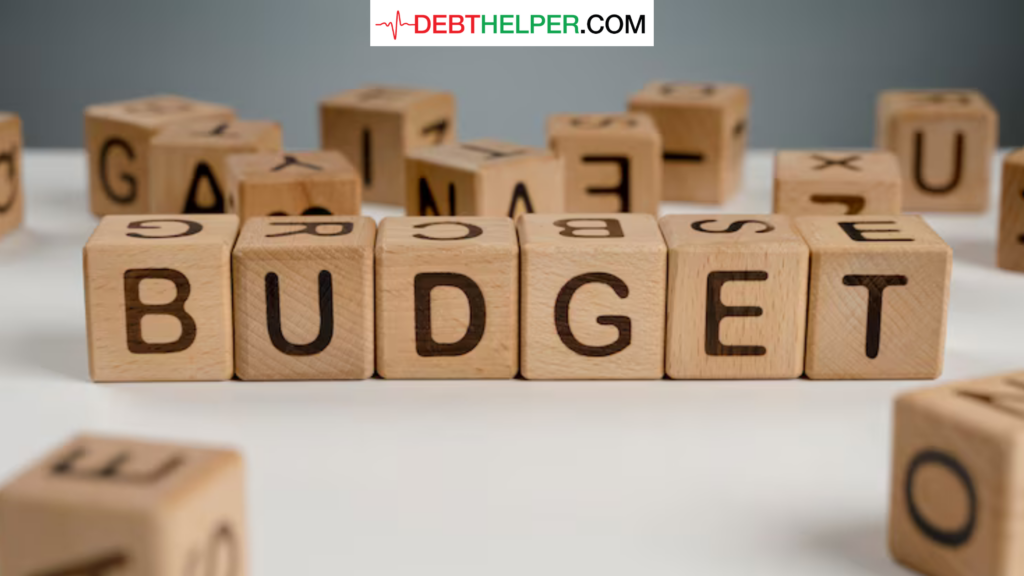The first thing we did when we decided to get out of debt was reevaluate our budget. We knew that we had to change the way we spent our money before our financial situation could change.
The amount of information out there on budgeting is overwhelming. There are lots of trite and obvious articles out there (like this one) that give such groundbreaking (and condescending) advice as “Incurring debt is easy but getting out of debt is not.” or “Reducing the luxuries will always be the best place to start for you to make some real savings with the least impact on your lifestyle.”
I’ve even read articles recently discouraging people from budgeting because, “You know you should budget, but you also know you’re not really going to do it.”
I vehemently disagree with this logic. The NUMBER ONE reason people are in so much financial trouble right now is that they are not willing to put in the work and sacrifice needed to save money, wait for purchases, or do without some things altogether. The simple act of budgeting is like an athlete training and developing discipline. At some point you have to be willing to do the hard and boring things if you want to make changes and improve your situation.
I will say that, in the previously mentioned article, the author goes on to talk about the idea of an “Anti-Budget” – a worksheet listing all the things you have to pay subtracted from your income, leaving you with what he calls a spending allowance. In my mind, that is a budget, so what he’s really doing is just trying to present the idea of budgeting in a different way. That’s good.
Back to our family’s budget. When we started reevaluating our finances, we had two assumptions:
- There’s no way we can decrease our current expenses – we’re already at rock bottom.
- There’s no way we can increase our income – that’s beyond our control.
Expenses
“Rock bottom” for us still meant spending more than we earned, so we knew something had to change. When we decided to get this debt taken care of – whatever the cost – we started cutting mercilessly: turning off cable, selling a car (only paying for gas and maintenance on one vehicle has saved us more than we imaginged it would!), even cutting a few important things – like piano lessons for the kids – for a short time. A lot of these changes won’t be permanent, but paying off our debt is more important to us (short- and long-term) than having these luxuries that just a few months ago seemed like necessities.
Income
When I realized that “income” did not have to equal “salary,” that was a game-changer for me. Instead of relying solely on the salary from mine and my husband’s jobs, we started trying to think of other ways we could earn money during the month. Clothing that we normally would have (tried to) sell in a garage sale, we started putting up on eBay (and getting three times a garage-sale price). We sold over half of the Wii games that our kids no longer played. Things that had been lying around the house, taking up space, now became valuable.
My point in saying all of this: If you want to badly enough, you can always find something to do to make more money. Whether it’s selling stuff or teaching an instrument or a hundred other possibilities, don’t wait for someone to give you the money you “deserve” – go out and get it.
I’ve written more about our family’s budgeting philosophy. When we dealt with these two areas, budgeting because a lot less overwhelming. It’s still hard – and it takes discipline to stick to it. When financial crises come, the single best first step in tackling them is to have a written budget that will show you where your money is going. If money isn’t tight, your budget can probably be a lot less formal than ours is, but even then it’s still important to, as Dave Ramsey says, “Tell your money where to go, so you don’t have to wonder where it went.”





